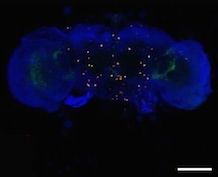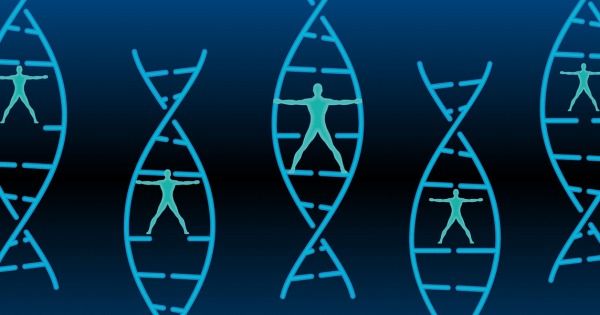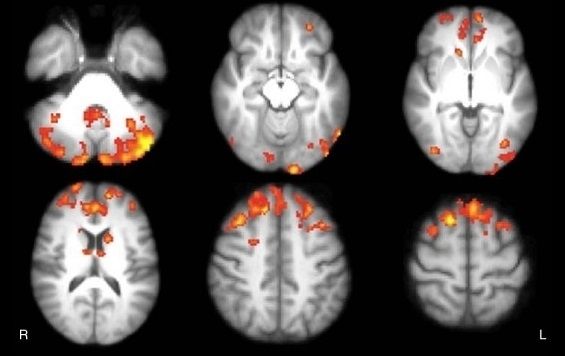Dec 6, 2016
Advanced Radioactive Threat Detection System Completes First Large-Scale Citywide Test
Posted by Karen Hurst in categories: genetics, mobile phones, terrorism
The following press release was written and and published by the Defense Advanced Research Projects Agency (DARPA) and originally published on their website. Click here to see the original version of this post.
On a recent sunny fall day in the nation’s capital, several hundred volunteers—each toting a backpack containing smartphone-sized radiation detectors—walked for hours around the National Mall searching for clues in a “whodunit” scavenger hunt to locate a geneticist who’d been mysteriously abducted. The geneticist and his abduction were fictitious. But the challenge this scavenger hunt was designed to address is real: The need to detect even small quantities of radioactive material that terrorists might try to bring into an urban area with the intent of detonating a “dirty bomb,” or worse. By getting volunteers to walk all day looking for clues, the DARPA-sponsored exercise provided the largest test yet of DARPA’s SIGMA program, which is developing networked sensors that can provide dynamic, real-time radiation detection over large urban areas.

















